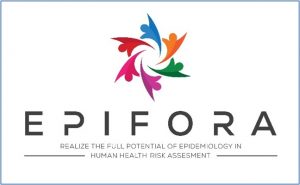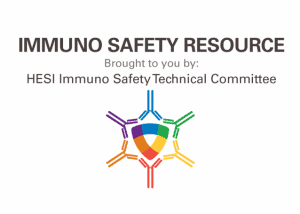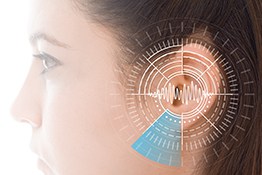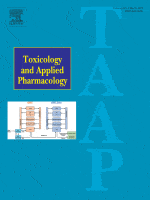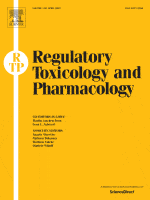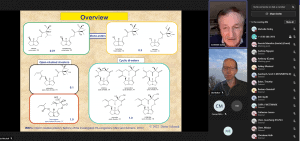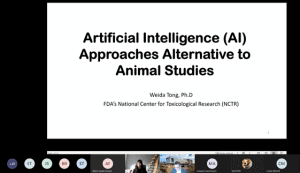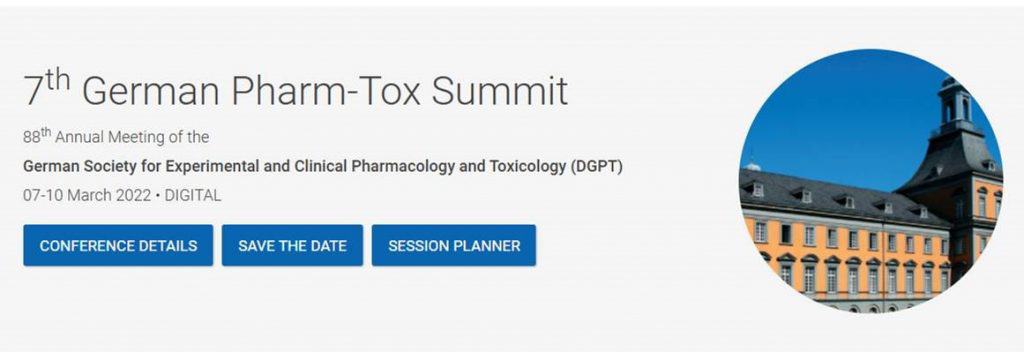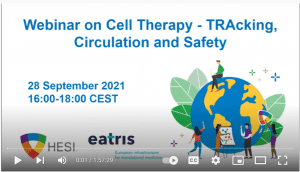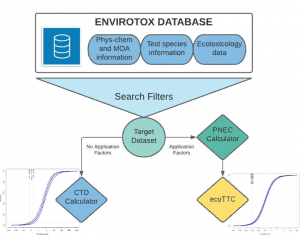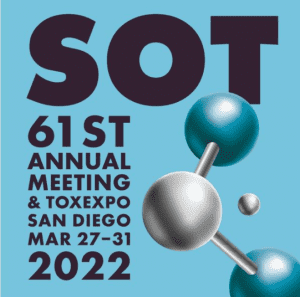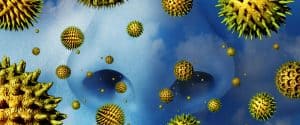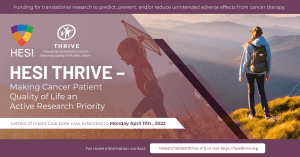THIS NEW WEBSITE WILL HELP CREATE AND GROW A COMMUNITY OF PRACTICE FOSTERING THE USE OF EPIDEMIOLOGY FOR QUANTITATIVE RISK ASSESSMENT. JOIN THE EPIFORA NETWORK BY CREATING A PROFILE IN THE EPIFORA DATABASE.
HESI’s Environmental Epidemiology Committee is launching a new website: Epifora (EPIdemiology FOr Risk Assessment; www.epifora.org) featuring the importance of epidemiology in quantitative risk assessment. The site is a one-stop-shop for educational materials such as webinars and publications relevant to this topic, as well as a new database of scientists of various seniority levels and expertise, with an interest in the field.
The Epifora Database will help bridge different activity sectors and disciplines, and facilitate collaboration and networking among all stakeholders willing to engage on the topic of epidemiology and risk assessment.
Whether you would like to learn more about the role of epidemiology in risk assessment, or whether you are looking for collaborators or mentors in a related field, we encourage you to visit our website and join the Epifora community of practice by creating a profile in our database.
For any questions or feedback, please contact Sandrine Deglin (sdeglin@hesigolbal.org)
